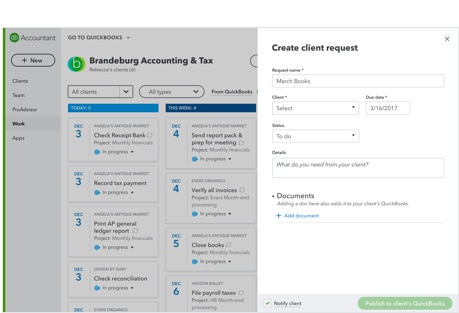
Career development professionals use a career plan to help employees achieve their long-term career goals. The plan will help employees gain a better understanding of company culture, and can also be useful for developing specific technical or functional expertise. It can also help employers understand the culture of the company. It is important to remember that a career plan for development can only be successful if it is well-established.
Career development plan can be a tool to career development professionals
As a tool to assist employees in defining and achieving their career goals, a career development program can be useful. The plan should be tailored to each individual, and the process should be personalized to the needs of the individual. For example, an employer may offer a promotion that matches the employee's career objectives.
It is a process that involves both managers and employees to develop a career planning. This encourages employees to take ownership for their own growth and allows employers to set expectations and goals. Managers can then use the plan to guide their employees and help them reach their goals.

It helps employees to achieve long-term objectives
The key component to helping employees achieve their long-term objectives is career development planning. It helps employees to identify and fill in gaps in their knowledge and finds opportunities to develop within the company. The goal setting process should involve employees evaluating their own work, and discussing any barriers they may encounter in their current role. The plan should also include recommendations for training, development and mentoring that may be required to help them achieve their long-term objectives. The plan should also identify resources that might be helpful outside the organization.
It is important to identify short-term and long-term goals that employees can easily achieve. Career development should be organized to allow employees to reach milestones easily and not too ambitious. It should include an estimated timeline to help employees reach their goals.
It helps companies understand their culture.
Employers and employees can both benefit from a career development plan. It can help increase employee productivity and give employers an advantage in hiring future employees. Employers will be better able to understand and promote a positive culture within their organization by having a solid plan.
Employees will be more aware of what their career goals are and how to develop them by creating a career development plan. This approach encourages employees to take ownership for their careers and increases job satisfaction. This approach will help managers manage employees' careers by fostering greater communication between them and their peers. This will help them retain their valued employees and plan promotions.

It helps employees build specific technical or functional expertise
An employee's career development plan is a benefit to both the organization as well as the individual. It helps employees reach their career goals. It also helps supervisors clarify their expectations. It includes preparation and constant feedback for both the employee as well as the supervisor. It identifies technical and functional skills needed for leadership and management roles and soft skills needed for frontline roles.
A career plan is designed to help employees match their current skills with the business's. This can easily be done by looking at the organizational workforce assessment as well as the business goals. Individual employees can then assess their strengths, weaknesses, and plan a career path that includes specific skill development milestones for each job.